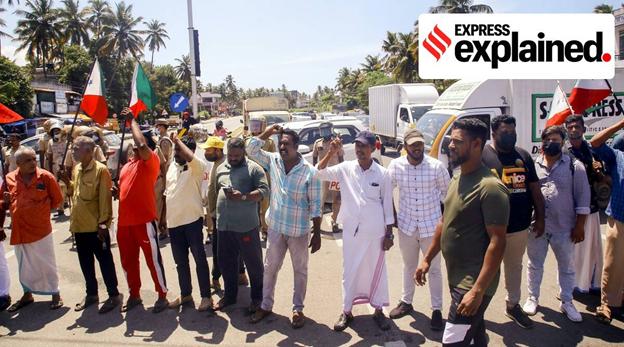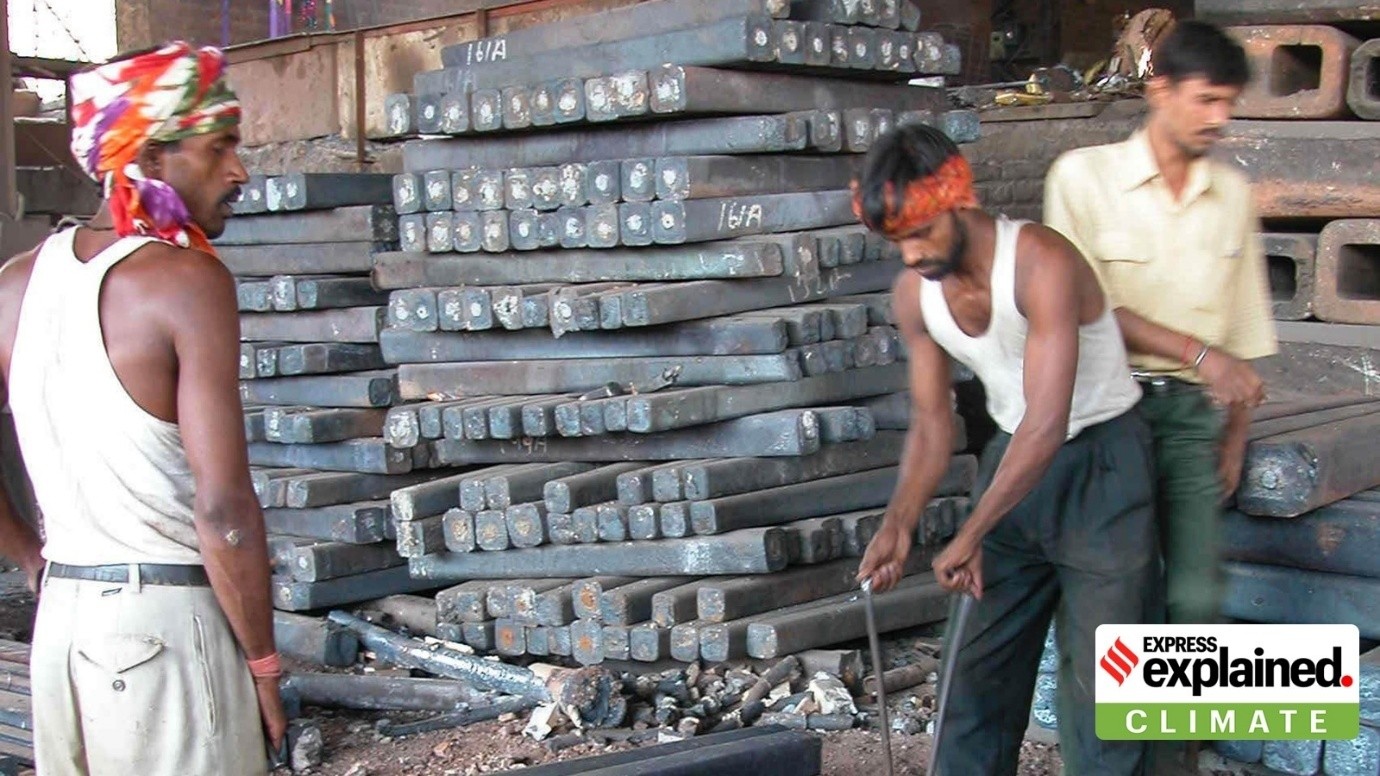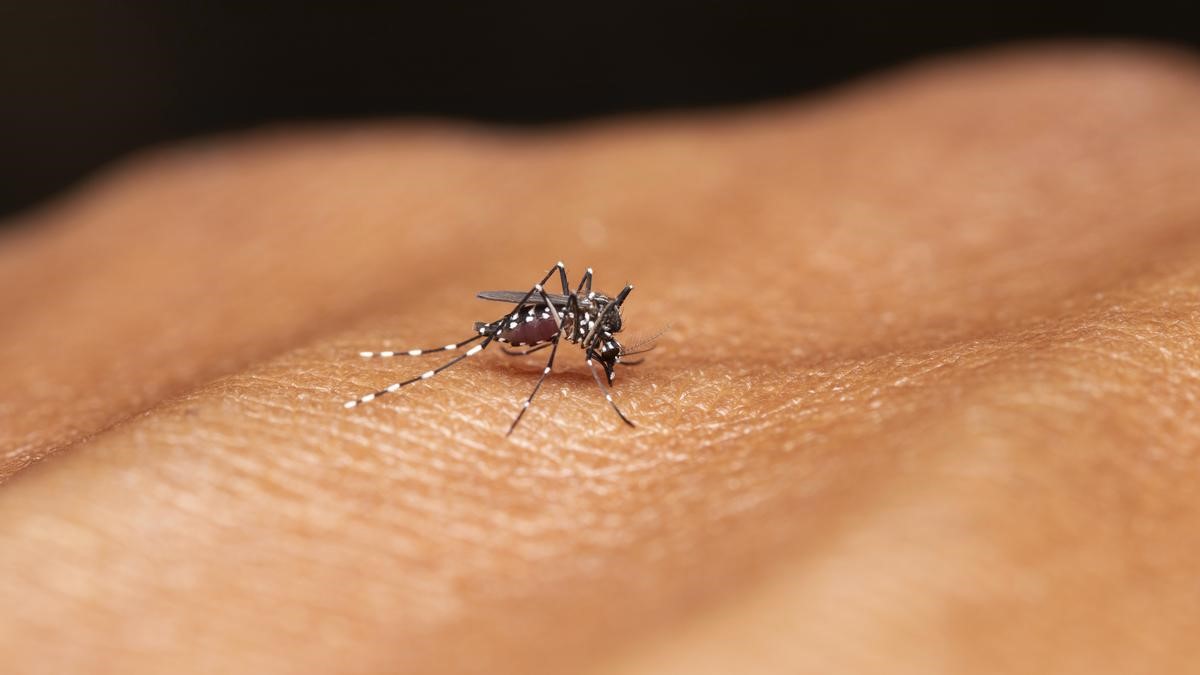Description

Copyright infringement not intended
Context: The central government has announced a ban on the Popular Front of India (PFI), the organisation whose leaders and offices were raided by the National Investigation Agency (NIA) and the Enforcement Directorate (ED) in states across the country on September 22.
Details:
- The notification issued by the Ministry of Home Affairs (MHA) imposed a ban on the PFI and its associate organisations, including the Rehab India Foundation (RIF) and Campus Front of India, for five years under The Unlawful Activities (Prevention) Act (UAPA), 1967.
- The notification gave a number of reasons, including that “the PFI and its associates or affiliates or fronts operate openly as socio-economic, educational and political organization but, they have been pursuing a secret agenda to radicalize a particular section of the society working towards undermining the concept of democracy and show sheer disrespect towards the constitutional authority and constitutional set up of the country”.
- It also said that “the PFI and its associates or affiliates or fronts have been indulging in unlawful activities, which are prejudicial to the integrity, sovereignty and security of the country and have the potential of disturbing public peace and communal harmony of the country and supporting militancy in the country”.
- Therefore, the notification said, the central government had decided to declare the PFI and its various fronts as an “unlawful association” with “immediate effect”.
So what does the “ban” on the PFI mean?
- The UAPA, India’s main law against terrorism and terrorist activities, allows the government to declare an organisation an “unlawful association” or a “terrorist organisation”, which is often colloquially described as a “ban” on the organisations.
- Declaring an organisation a terrorist organisation, as has happened in the case of the PFI now, has serious consequences in law, which include the criminalisation of its membership and the forfeiture of the properties of the organisation.
- This is in line with global action against terrorism.
- From 1997 onward, several resolutions of the United Nations Security Council (UNSC) have required UN member states to take action against certain terrorists and terrorist organisations, to freeze their assets and other economic resources, to prevent their entry into or the transit through their territory, and to prevent the direct or indirect supply, sale, or transfer of arms and ammunition to those individuals or entities listed in the relevant Schedule.

How is a “terrorist organisation” defined?
- Section 2(1)(m) of the UAPA defines a “terrorist organisation” as “an organisation listed in the First Schedule (to the UAPA) or an organisation operating under the same name as an organisation so listed” in the Schedule.
- The Schedule currently lists 42 organisations, the government told Rajya Sabha in reply to a question on February 2 this year.
- Among the organisations listed as terrorist organisations under the First Schedule of the UAPA are the Babbar Khalsa International, Liberation Tigers of Tamil Eelam (LTTE), CPI (Maoist), Students Islamic Movement of India (SIMI), Indian Mujahideen (IM), Dukhtaran-e-Millat, Kamtapur Liberation Organisation, etc., besides Pakistan-based terrorist groups like the Hizb-ul-Mujahideen (HuM), Jaish-e-Mohammed, and Lashkar-e-Taiba, and international Islamist terrorist organisations such as al-Qaeda and the Islamic State (ISIS).
- Besides these 42 organisations, 13 other entities have been declared as “unlawful associations” under the UAPA, and 31 individuals have been listed as “terrorists” under Schedule Four of the Act, the government told Parliament.
- An amendment in the UAPA in 2019 added a provision by which individuals can be designated as terrorists, with the intention of reducing the chances of the regrouping of the leaders or members of banned organisations under other names.
Under what circumstances is an organisation declared a terrorist organisation?
- Under Section 35 of the UAPA, the central government has the powers to declare an organisation a terrorist organisation “only if it believes that it is involved in terrorism”.
- The Schedule can be amended by the government to add or remove organisations from the list. The law states that an organisation shall be deemed to be involved in terrorism if it —
- commits or participates in acts of terrorism, or
- prepares for terrorism, or
- promotes or encourages terrorism, or
- is otherwise involved in terrorism.
What happens when an organisation is tagged as a “terrorist organisation”?
- The two major consequences are that the funding of the organisation, and the association of individuals with the organisation, are criminalised.
- The law contains the following provisions.
- Section 38(1) of the UAPA states that any person “who associates himself, or professes to be associated, with a terrorist organisation with intention to further its activities, commits an offence relating to membership of a terrorist organisation”.
- Under Section 38(2) of the law, “a person, who commits the offence relating to membership of a terrorist organisation under sub-section (1), shall be punishable with imprisonment for a term not exceeding ten years, or with fine, or with both.”
- However, such individuals are exempted from the provision if they were members of the organisation before it was declared a terrorist organisation, and if they did not take part in any activities of the organisation at any time during its inclusion in the Schedule.
- Section 20 of the UAPA describes the “punishment for being member of terrorist gang or organisation”. It says, “Any person who is a member of a terrorist gang or a terrorist organisation, which is involved in terrorist act, shall be punishable with imprisonment for a term which may extend to imprisonment for life, and shall also be liable to fine.”
- Section 21 says that “whoever knowingly holds any property derived or obtained from commission of any terrorist act or acquired through the terrorist fund shall be punishable with imprisonment for a term which may extend to imprisonment for life, and shall also be liable to fine”.
- Section 24A of the UAPA provides for the forfeiture of the proceeds of terrorism. The law states that even if the person is not convicted for being associated with a terrorist organisation, “proceeds of terrorism” can be forfeited to the central government or the state government.
What recourse is available to a terrorist organisation?
- An application can be made to the central government to remove an organisation from the Schedule by the organisation itself or any person affected by inclusion of the organisation in the Schedule.
- A review committee is then appointed which is headed by a sitting or former judge of a High Court to “judicially review” the application.
- The organisation will be removed if the review committee “considers that the decision to reject was flawed when considered in the light of the principles applicable on an application for judicial review”.
https://indianexpress.com/article/explained/pfi-terrorist-organisation-mha-ban-explained-8177409/












